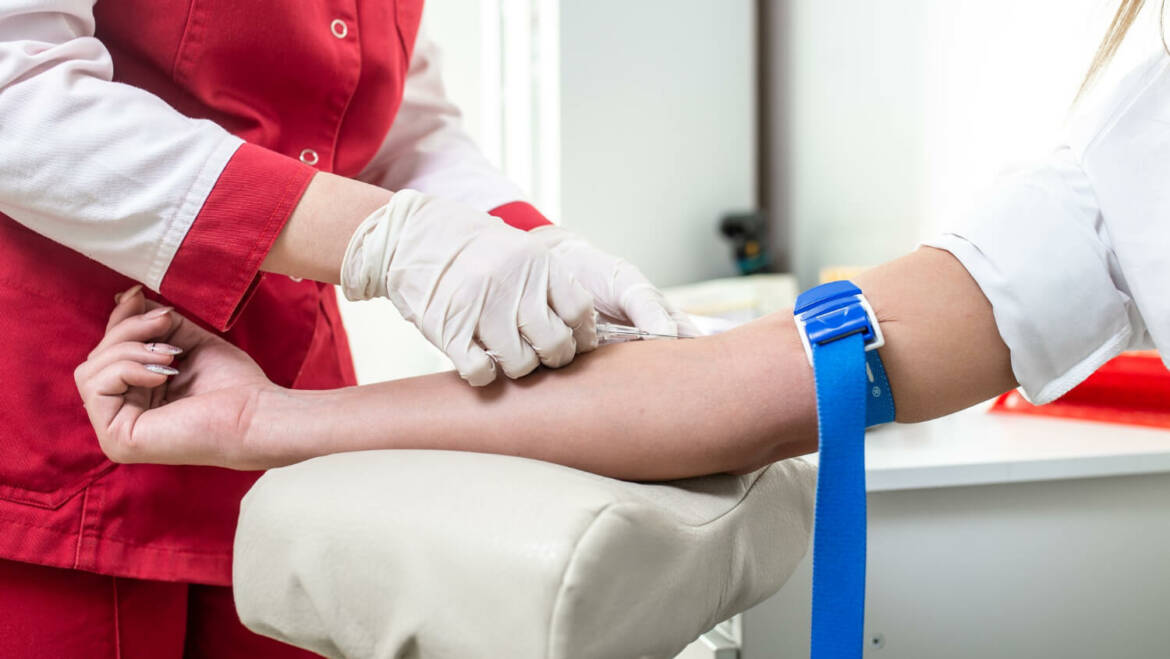One of the most selfless acts is to donate your blood to a complete stranger. Yet, as an athlete, you should take your precautions first.
In this article, we will see if blood donation affects your performance negatively.
How much blood do we donate?
Your body has around 8 pints of blood, hence when you donate a pint of blood, your blood volume decreases by 10 to 15 percent.
How much time does it take to recover from a blood donation?
Your body will restore the needed plasma volume within 24 hours. However, the hemoglobin in your red blood cells, which transfers oxygen from your lungs to your whole body, won’t get back to its natural degrees for around two or four weeks.
Dos and Don’ts After Donating
The Red Cross prevents blood donors from performing exercises for the rest of the donation day. Besides, it recommends donors to drink extra fluids and avoid alcohol for 24 hours.
On the other hand, athletes should not compete on blood donation day. Also, hard-core athletes shouldn’t donate their blood during the competition season.
You need to drink enough fluids before and after donating blood. In addition, you should follow a rich diet full of iron and vitamins.
Does Blood Donating Cause Lower Endurance?
Since blood transfers, oxygen to your organs and body, a decrease in your endurance after a blood donation is not quite surprising.
Likewise, athletes who are continuously engaging in vigorous training will witness a real change in their endurance after donating blood. Therefore, it is not healthy to exercise or compete in this case until your body recovers well. Otherwise, you will face serious problems.
Does Blood Donating Cause Fatigue?
Donating blood cause a temporary decrease in blood pressure. Therefore, you may feel nauseous, dizzy, or lightheaded.
You can lie down upward with your legs raised up to help reduce the pressure.
How much iron do I lose after donating blood?
Any decrease in iron can influence your body a lot since iron is a key element for the construction of red blood cells that transmit oxygen in the blood.
When you donate blood, you will lose around 220-250 mg of iron.
Unfortunately, it may take up to 24-30 weeks for your body to rebuild the lost amount of iron.
It all takes time, even though you eat plenty of food rich in iron.
As an athlete, you can follow your full recovery from blood donation by asking your doctor to carry a blood test to see if you’re improving.
The bottom line
- Donating your blood is a noble act to do despite the consequences.
- Donate your blood at the right time! the off-season is a great time to donate since you will have enough time to recover.
- Don’t engage in tough training in the first few weeks after you donate your blood.
- It’s crucial to consume iron-rich foods or take an iron supplement


